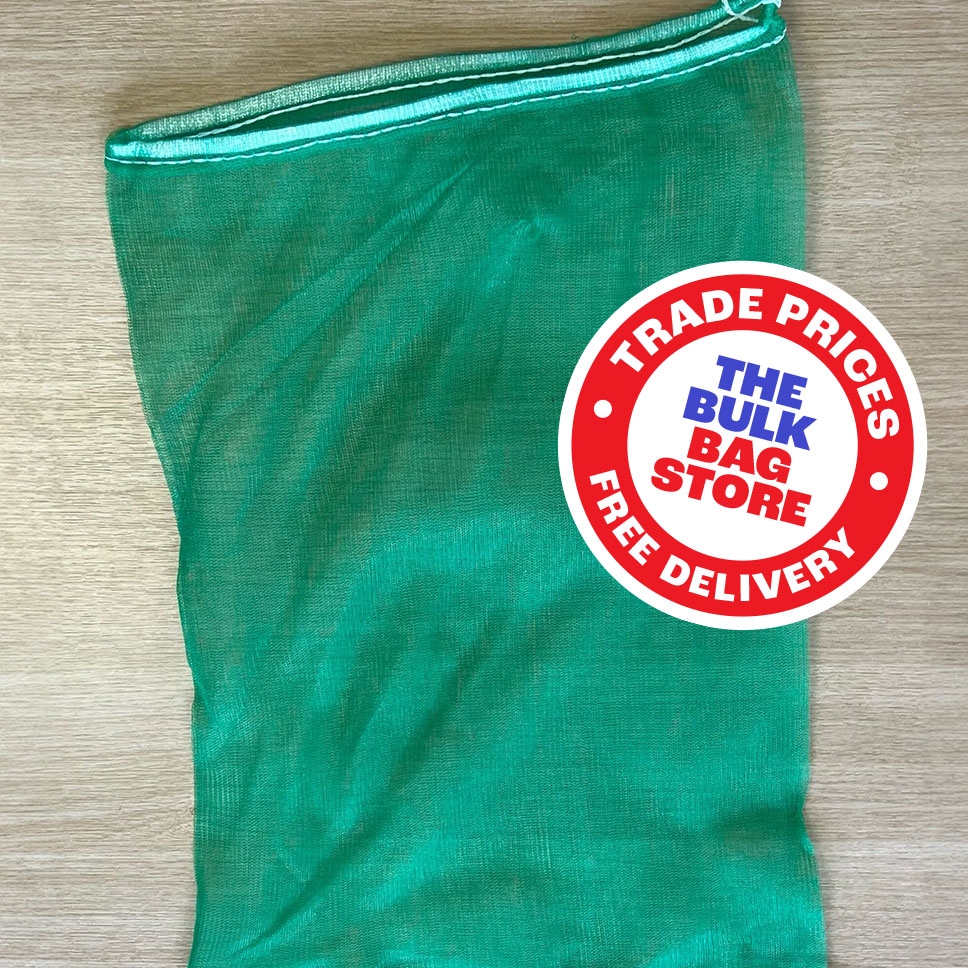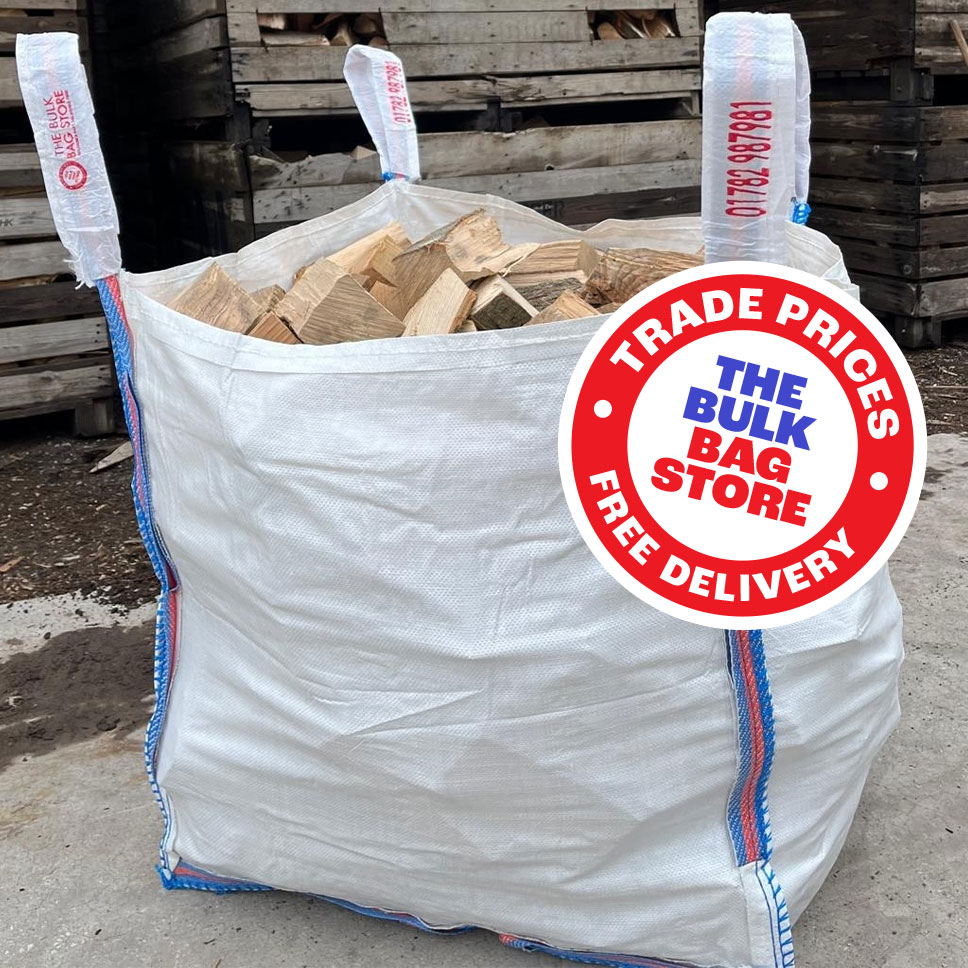The history of the Flexible Intermediate Bulk Container (FIBC)
A Flexible Intermediate Bulk Container, also known as an FIBC, bulk bag or jumbo bag – is a container in large dimensions for storing and transporting dry, free flowing products, for example, sand, granules of plastics and fertilisers.
FIBCs are most often made of thick woven polyethylene or polypropylene, either coated or uncoated, and usually, have a capacity of around 1000kg, but the larger units can store even more. Although there is discrepancy on precisely where FIBCs were first made and used, it is certain that they have been in use for a variety of packaging purposes since the 1940s.
The first FIBC’s were manufactured from PVC rubber and were generally used in the rubber industry for the transportation of carbon black. By the 1960s, with the development of polypropylene and advances in weaving, the bulk bags as we know them today came into being.
They were rapidly adopted by a wide variety of oil and chemical companies to store and transport powdered and granular products. During the oil crisis of the mid-1970s, the FIBC was used for transporting vast quantities of cement to the Middle East from across Europe for the expansion of the oil producing countries.
These days, FIBC’s transport an ever growing figure of over a ¼ billion tonnes of product each year and is used to handle, store and move products such as cereals, powdered chemicals, flour, and animal feeds. FIBCs are highly cost effective, easily recyclable and ideal for virtually any free-flowing granule, powder, pellet or flake. Each industry sector requires an FIBC bulk bag fit for purpose.
The industries served by FIB’s include:
• Chemicals
• Fertilisers
• Fiberglass
• Food Products
• Mining
• Construction
• Pharmaceuticals
• Plastics
• Oil and Gas
Generally, FIBC bulk bags are cubic in form. This means more material can be transported in the same area than is possible with cylindrical shaped containers. This lowers the carbon footprint and shipping costs at the same time.
Call us today on 01335 344215 for more information or if you have any questions about FIBC’s.






